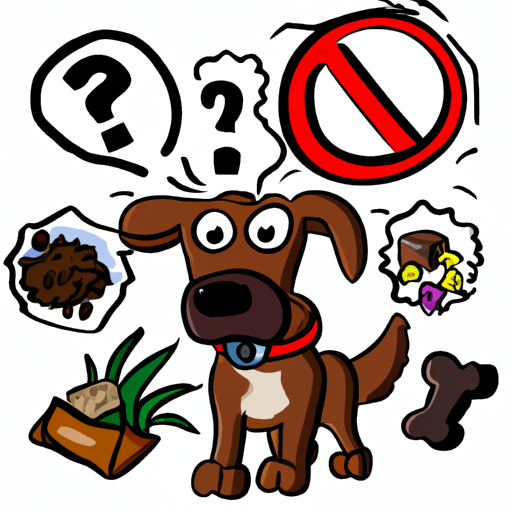Understanding Allergies in Dogs
Just like you, your beloved canine companion can be allergic to a variety of things. Dogs may not sneeze and sniffle like humans do, but they do exhibit other symptoms that may indicate an allergic reaction. These reactions can range from minor inconveniences to severe conditions that require immediate medical attention.
Common Allergens in Dogs
Here are some typical allergens that could be causing discomfort to your furry friend:
-
Food Allergies: Dogs can be allergic to certain types of food, which can cause skin irritations, gastrointestinal issues, and other symptoms. Common food allergens include:
- Beef
- Dairy
- Wheat
- Egg
- Chicken
- Lamb
- Soy
- Pork
- Rabbit
- Fish
-
Environmental Allergies: Just like humans, dogs can be allergic to elements in their environment. These include:
- Pollen
- Mold spores
- Dust mites
- Feathers
- Cigarette smoke
- Certain perfumes
- Cleaning products
-
Flea Allergy Dermatitis: This is a very common allergy in dogs and is caused by flea bites. Some dogs are allergic to the saliva of fleas and not the actual bite itself.
Diagnosing Allergies in Dogs
If you suspect your dog might be suffering from allergies, it’s important to get a proper diagnosis from a vet. This is typically done using one of the two methods:
- Intradermal Skin Testing: In this procedure, a small amount of allergen is injected into the skin of the dog. If the dog is allergic, there will be a reaction at the site of injection.
- Serology: This is a blood test that measures the amount of IgE antibodies in the dog’s blood. High levels of these antibodies usually indicate an allergic reaction.
Treating Allergies in Dogs
Once you have identified what your dog is allergic to, the next step is to manage or treat the allergy. This can be done in a number of ways, depending on the severity of the allergy:
- Avoidance: This is the most effective method of managing an allergy. It involves keeping your dog away from the allergen.
- Medication: Certain medications can help manage the symptoms of allergies. These include antihistamines, steroids, and immunosuppressants.
- Immunotherapy: This involves exposing the dog to small amounts of the allergen over time, to help their immune system become less reactive.
Frequently Asked Questions
Q: Can dogs be allergic to cats?
A: Yes, dogs can be allergic to cats, though it’s relatively rare.
Q: Can dogs be allergic to grass?
A: Yes, dogs can be allergic to grass. This can cause them to scratch and itch excessively.
Q: Can dogs be allergic to human dander?
A: While it’s rare, dogs can be allergic to human dander.
Q: Can dogs be allergic to certain types of dog food?
A: Yes, dogs can be allergic to certain types of dog food. This is why it’s important to monitor your dog’s reaction to a new food.
Remember, as a caregiver, your dog depends on you for their health and well-being. Understanding what your dog may be allergic to can go a long way in ensuring they live a happy and healthy life.



